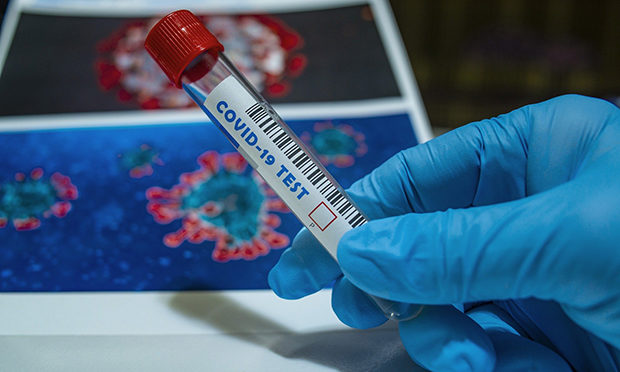Hackney sees highest two-week rise in Covid-19 cases in London

Hackney has seen the highest rise in Covid-19 cases in the last two weeks (9 to 22 July) of any London borough, with 65 cases.
The borough, which shares a health administration with the City of London, saw nearly double the number of cases seen in Barnet, the area with the second highest number at 34.
The figures can be seen on a new portal on which residents can now view localised coronavirus data for the borough online.
Dr Sandra Husbands, director of public health, has stressed that ‘there is no need to be alarmed’ by the figures, pointing to the fact that the R rate of transmission in London is at 0.91, meaning that the virus is not generally spreading through the community and that the pandemic is shrinking.
Dr Sandra Husbands, Director of Public Health: “In line with government guidelines we publish a regular data status report on coronavirus in the borough online, we have committed to being transparent about any clusters or significant outbreaks in Hackney.
“This data helps us monitor coronavirus activity and identify emerging patterns early on, so we can take effective public health measures to stop the infection from spreading. It also helps us to set priorities and work strategically in our approach to tackling this pandemic.
“Even though the risk of catching the virus is still low we must all continue to take precautions to keep the risk low. By washing your hands regularly and for 20 seconds, watching your distance by keeping 2m apart, and wearing a mask on public transport and in indoor crowded spaces. If we all practice these precautions and engage with NHS Test and Trace, we can keep coronavirus at bay in, Hackney, London and beyond.”
As at 10 July, there have been 228 deaths involving Covid-19 among residents of Hackney and the City of London.
It was reported on 17 July that there were clusters of positive coronavirus cases in Stamford Hill “involving very small numbers of people,” though the latest announcement on figures makes no reference to any specific area.
Professor Kevin Fenton, regional director for London for Public Health England, said that his organisation is working with the council on the “small but ongoing fluctuation in new cases” locally.
The public health expert, a contributor to his organisation’s recent report on the disproportionate risk posed by the virus to specific ethnic group, said that investigations have revealed the new cases to be “isolated household clusters,” with no evidence of further spread to the surrounding community.
Professor Fenton added: “The overall levels of coronavirus in London remain low and steady, and the number of new cases in London are under continuous close, active surveillance to spot any potential outbreaks in the city.
“We urge all Londoners to remain vigilant as lockdown is gradually eased and to continue to follow government advice on social distancing, self-isolation, wearing face coverings and practising good hand hygiene, in order to keep the number of new cases in London on its way down.
“If you have a new continuous cough, a high temperature or a loss of, or change to your sense of smell or taste, stay at home and arrange a test immediately.”
If you have coronavirus symptoms such as a cough, fever or loss of taste or smell , you re asked to isolate yourself from other people for 7 days and get a test by calling 119 or going to nhs.uk/coronavirus.
If you are asked to self isolate, regardless of symptoms, you must do so to keep from possibly passing it onto others.
